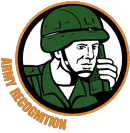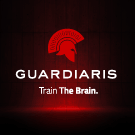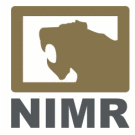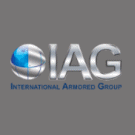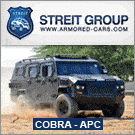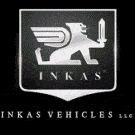Leveraging its proven track record of developing solutions for autonomous vehicles in harsh and challenging terrain environments, Stratom is set to improve the capabilities and scalability of the U.S. Army’s Robotic Technology Kernel for combat vehicle platforms.
Follow Army Recognition on Google News at this link
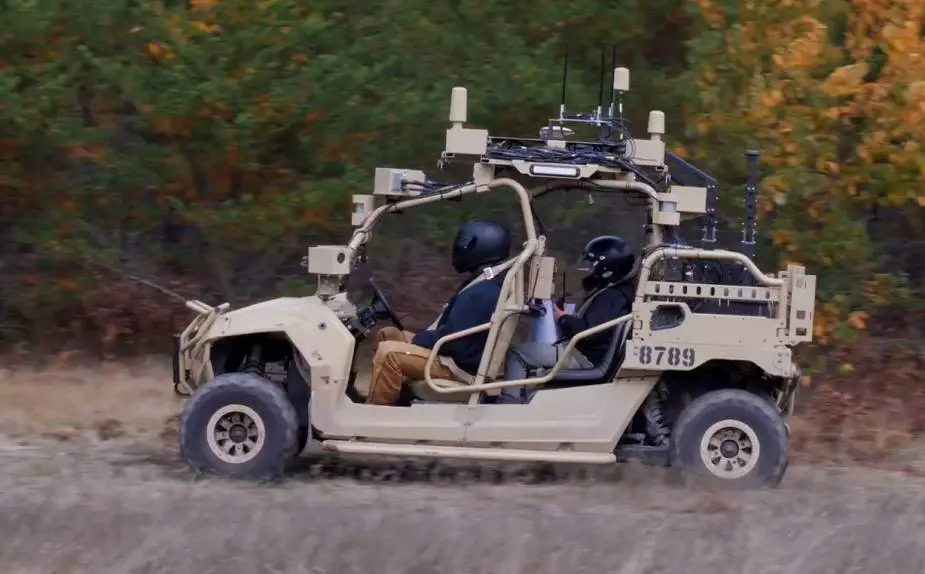
Stratom today announced it has been selected to contribute to the Robotic Technology Kernel (RTK) software stack under the U.S. Army DEVCOM Ground Vehicle Systems Center (GVSC) Combat Vehicle Robotics (CoVeR) program (Picture source: U.S. Army)
Stratom, a leading developer of autonomous ground vehicles and robotic systems for logistics and operational applications, on February 8 announced it has been selected to contribute to the Robotic Technology Kernel (RTK) software stack under the U.S. Army DEVCOM Ground Vehicle Systems Center (GVSC) Combat Vehicle Robotics (CoVeR) program. The award win empowers Stratom to develop solutions to enhance perception, improve operational tempo and mobility, and create a vehicle environment simulation platform for combat vehicle autonomy.
“Leveraging Stratom’s combined experience as a leader in off-road autonomy, our fundamental understanding of how the DoD is using autonomous systems and our work migrating the RTK to ROS-2, we are well-positioned to deliver the solutions needed to move the CoVeR program forward,” said Andrew Lycas, Stratom’s principal roboticist.
“The Army’s investment in the RTK ensures that it will be the software stack utilized to optimize combat vehicle performance. Being selected signals our continued success as the go-to industry leader in delivering autonomous ground vehicles and unmanned system solutions that can perform in the harshest of conditions.”
The contract awards Stratom with the ability to address the U.S. Army’s need to enhance the scalability and capabilities related to:
• Optimizing situational awareness, including autonomous mobility in heavy dust: Stratom will leverage expertise in point cloud filtering, object tracking/classification and ground point analysis to improve perception capabilities for environment geometry extraction, such as unknown ground area detection, smoothness/bumpiness identification, vegetation filtering and dust filtering.
• Ensuring adaptable motion control and variable caution for autonomous mobility: Stratom will create a profile management RTK package that leverages the configurability of ROS to improve the operational tempo and mobility of robotic platforms to improve motion control of wheeled and tracked platforms by adding context to missions that dictate high operational tempo and aggressiveness of motion controls while maintaining safety constraints.
• Delivering robotic and autonomy simulation support: Stratom will utilize recent advancements in on-road vehicle and robotic arm simulation for the creation of a Vehicle Environment Simulation Platform for Autonomy (VESPA) to deliver realistic 3D robotic vehicle visualization, physics simulation, robotic actuator simulation of drive motors, lidar and camera sensor simulation in the 3D environment, and ROS-1 integration with simulated actuators and sensors.
The GVSC CoVeR program is responsible for developing and integrating cutting-edge technology to address capability gaps on robotic and autonomous combat platforms. Ultimately, the CoVeR program seeks to develop autonomous vehicle mobility technologies to enable military-tracked combat vehicles to autonomously operate in difficult military environments at realistic speeds.
